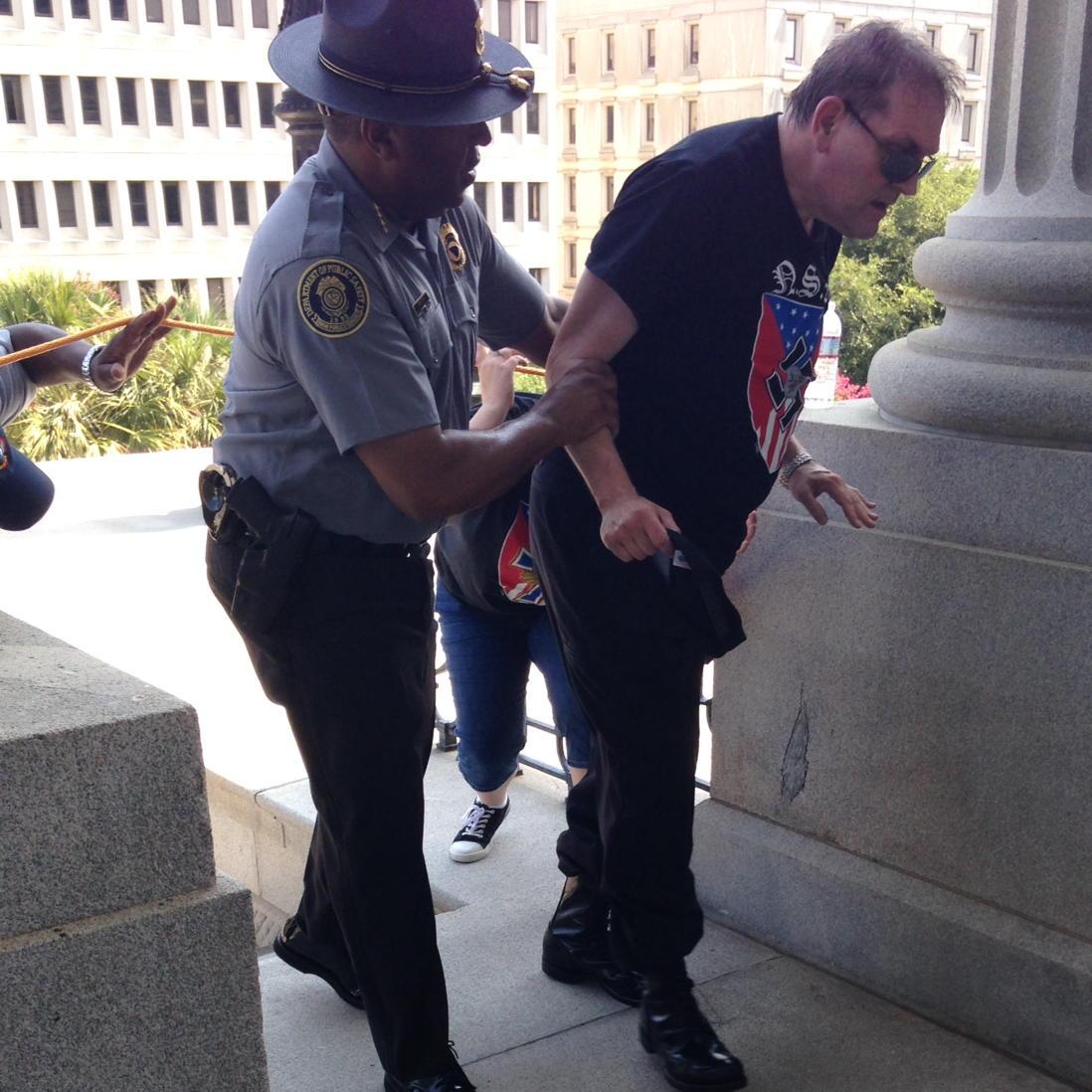Contemporary descriptions of interdependence, though, do not stop at
the celebration of its wonder. They also emphasize the fragility of the interconnected
network of beings: because everything depends on everything else,
altering the balance of the web of life can be—and has been—catastrophic.
Thus the concept entails strong ecological imperatives. The many Buddhist
and Buddhist-inspired groups engaged in environmental activism routinely
cite interdependence or interconnectedness as the conceptual rationale for the
link between the dharma and environmentalism. Contemporary discourse on
interdependence also carries ethical and political imperatives regarding social
and economic justice. It recognizes that the interdependencies of the modern
world are often sources of suffering. Perceiving interconnectedness may
involve tracing a running shoe for sale at the local mall to global warming
because of the fuel it took to ship it from China, where it in turn connects to
economic injustice, since it is made by women in a sweatshop making barely
enough to survive, while a huge percentage of the profit from the shoe goes
to corporate executives. It stresses finding root causes and seeking out hidden
sources of social problems. The idea of interdependence, therefore, is an essential
part of the conceptual arsenal of engaged Buddhism, the contemporary
activist movement that strives to relieve suffering by addressing human rights,
war, poverty, injustice, and environmental degradation. It is not then just a matter
of “experiencing” the world as a part of the self but also a matter of ethical
and political commitment.
...
While modern articulations of interdependence are rooted in the traditional
Buddhist concept of pratı¯tya-samutpa¯da, in the last few decades they have
taken on meanings, implications, and associations unique to the current era.
For the historian of religion, therefore, the contemporary Buddhist concept of
interdependence is a fruitful arena for analyzing the processes of conceptual
and praxiological change and adaptation to shifting global circumstances. In
this chapter I want to show how this concept has developed from both Buddhist
and non-Buddhist lineages, including the discourses of Romanticism
and scientifi c thought. It could serve as a paradigm of a hybrid concept. In brief,
in some of its current forms, it is a hybrid of indigenous Buddhist concepts—
dependent arising, the interpenetration of phenomena in the Huayan school,
and various attitudes toward the natural world in East Asian Buddhism—
commingled with conceptions of nature deriving from German Romanticism
and American Transcendentalism, popular accounts of modern scientifi c
thought, systems theory, and recent ecological thought.
...
Especially complicating
is the fact that
early classical formulations took a view of the signifi -
cance of interdependence that was nearly opposite to that of their contemporary
successors. The monks and ascetics who developed the concept of dependent
origination and its implications saw the phenomenal world as a binding chain,
a web of entanglement, not a web of wonderment. How did this position that
took a rather dim view of worldly life develop into the one today that celebrates
this-worldly life and promotes activist engagement?
(p152-153)
http://sociology.sunimc.net/htmledit...1035621193.pdf





 Reply With Quote
Reply With Quote




















